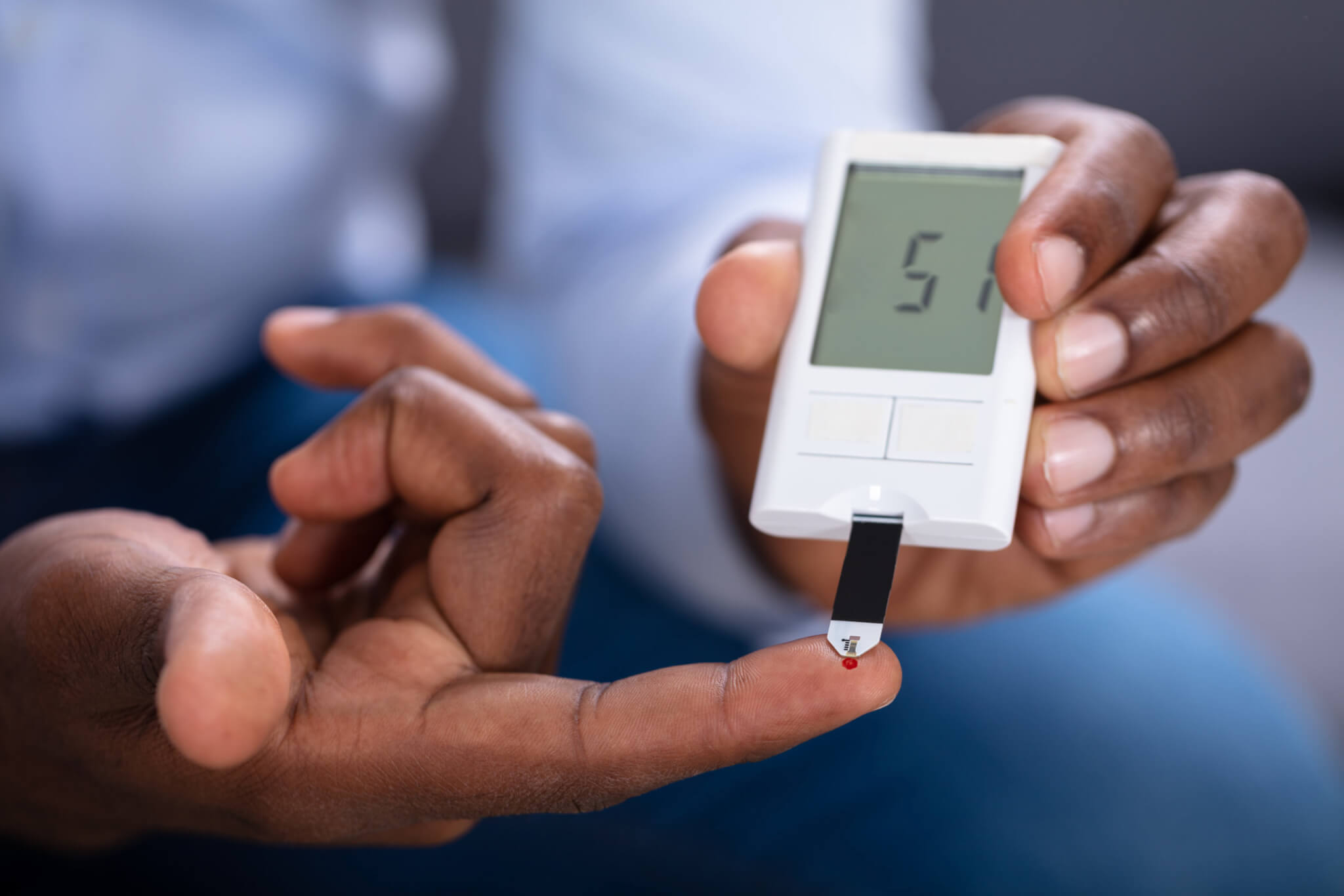COPENHAGEN, Denmark — Metabolic dysfunction, particularly diabetes, has long been associated with an increased risk of various cancers, including those of the colon, breast, liver, pancreas, ovary, and uterus. More importantly, it’s linked to poorer cancer outcomes, such as higher recurrence and death. Insulin resistance, a state where the body doesn’t respond well to insulin, is a key aspect of this dysfunction. Now, researchers in Denmark have unlocked a crucial link between cancer and Type 2 diabetes, which could potentially transform the approach to cancer treatment and patient care.
Researchers at the University of Copenhagen conducted a comprehensive meta-analysis of 15 studies involving 187 cancer patients and 154 healthy control participants. They focused on high-quality studies using gold-standard methods to systematically review and analyze data on insulin sensitivity in cancer patients.
The analysis revealed that cancer patients exhibit significant insulin resistance compared to healthy individuals. Specifically, the rate at which these patients disposed of glucose was notably lower, indicating impaired insulin function. This level of insulin resistance was comparable to, or even exceeded, that seen in patients with Type 2 diabetes.
Insulin resistance is a precursor to Type 2 diabetes and is critical in maintaining blood sugar levels. The findings of this study align with recent reports showing an increased risk of diabetes in cancer patients.
Interestingly, insulin resistance can also cause cancer cells to multiply rapidly. Insulin acts as a growth hormone, which means elevated insulin levels can fuel the growth of cancer cells. This poses a significant problem for cancer patients, exacerbating their condition. Additionally, insulin resistance can lead to muscle protein breakdown, resulting in loss of muscle mass and strength. This is particularly concerning for cancer patients who are already dealing with various symptoms and challenges.

The study suggests that the direct effects of cancer, cancer treatments, and shared risk factors for both cancer and insulin resistance (like obesity and physical inactivity) might contribute to this observed insulin resistance. Treatments like chemotherapy and certain medications, as well as lifestyle factors, could play a role.
“The next step is trying to determine who develops insulin resistance. Which cancer patients are at risk here? Do they have a particular type of cancer or specific risk factors? Or is it perhaps connected with the treatment,” says Associate Professor Lykke Sylow in a media release. “Once we have identified those at high risk of developing the condition, I hope to see more long-term studies of insulin resistance treatment and whether it has a positive effect on the patients.”
Addressing insulin resistance could be a significant step in cancer treatment, given its impact on patient outcomes. Simple methods like HOMA, QUICKI, and Matsuda indices could be used in clinics to gauge insulin resistance. Moreover, managing insulin resistance might aid in reducing the risk of cancer recurrence and other associated complications.
Physical activity is also a well-known method to counter insulin resistance. The study emphasizes the potential of exercise in managing insulin resistance in cancer patients, although more research is needed to tailor these interventions to different cancer types.
While insightful, the study had limitations, including a small number of patients and diversity among the studied populations. Additionally, the underlying causes of insulin resistance in cancer patients remain unclear, calling for further research.
The findings emphasize the importance of monitoring blood sugar levels in cancer patients, even when they appear to be normal. Insulin resistance can be difficult to detect as the body compensates by producing more insulin. By identifying insulin resistance early, oncologists can implement targeted treatments. However, there are still aspects of the connection between cancer and insulin resistance that require further investigation
The study is published in the journal Acta Oncologica.

Now that we know this what can be done with it?
Agree D C M
I am non-diabetic, low BMI, Almost zero fast food, exercise with zero of the risk factors for metabolic syndrome. I discovered that I had a extremely high insulin resistance. I put myself on 1500 mg of metformin that reduced my IR to<25. I would suggest a NMR and a APO(a) test.